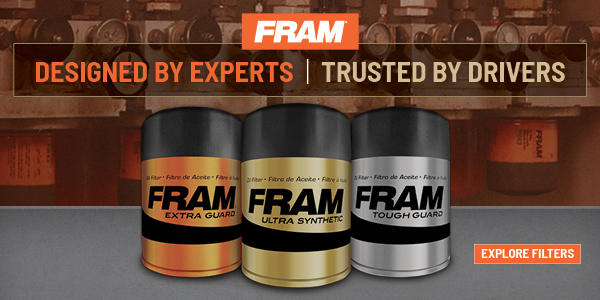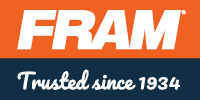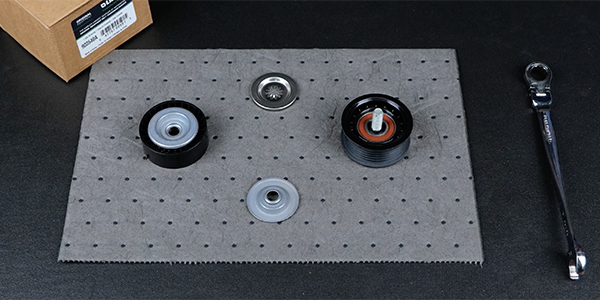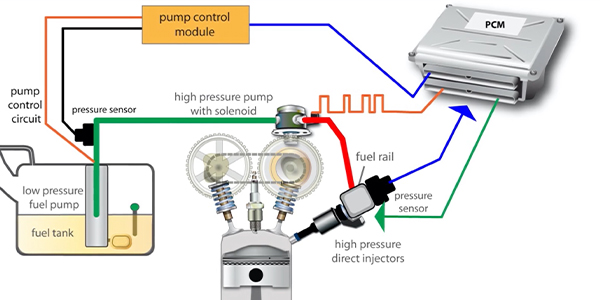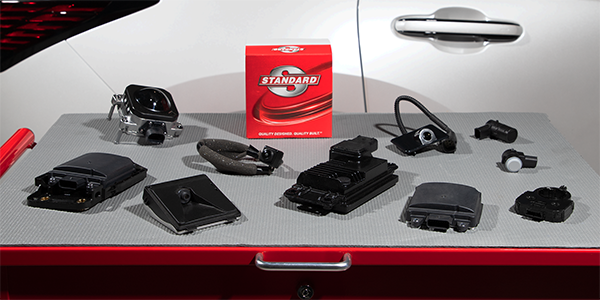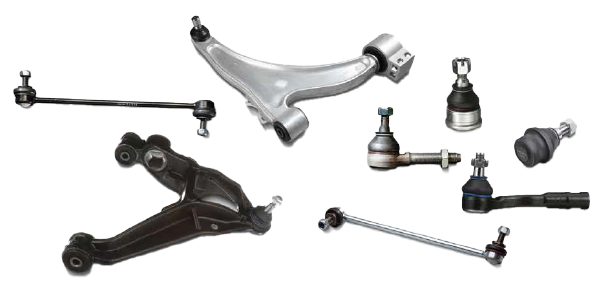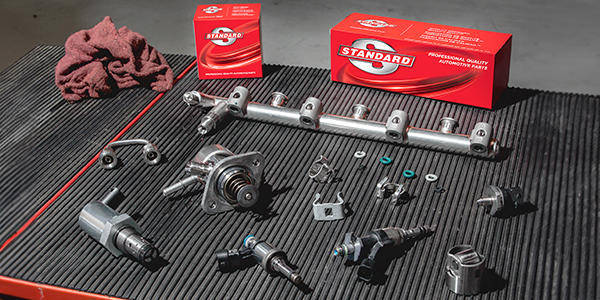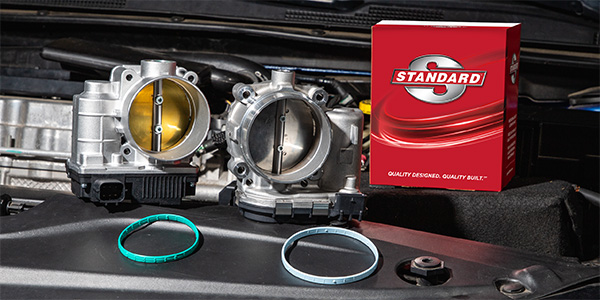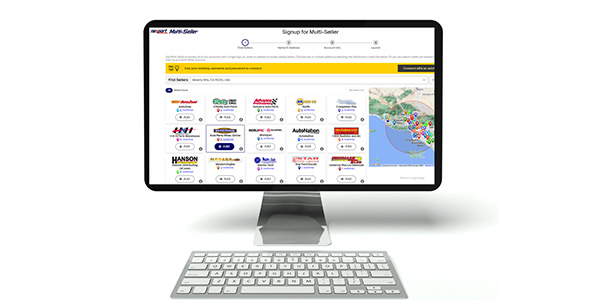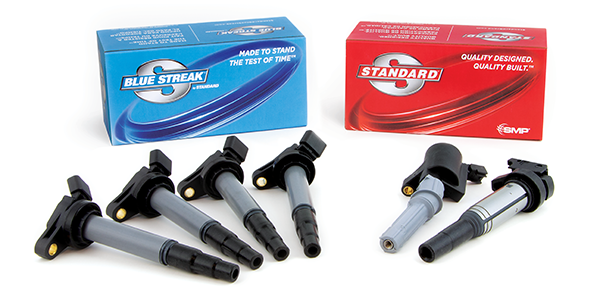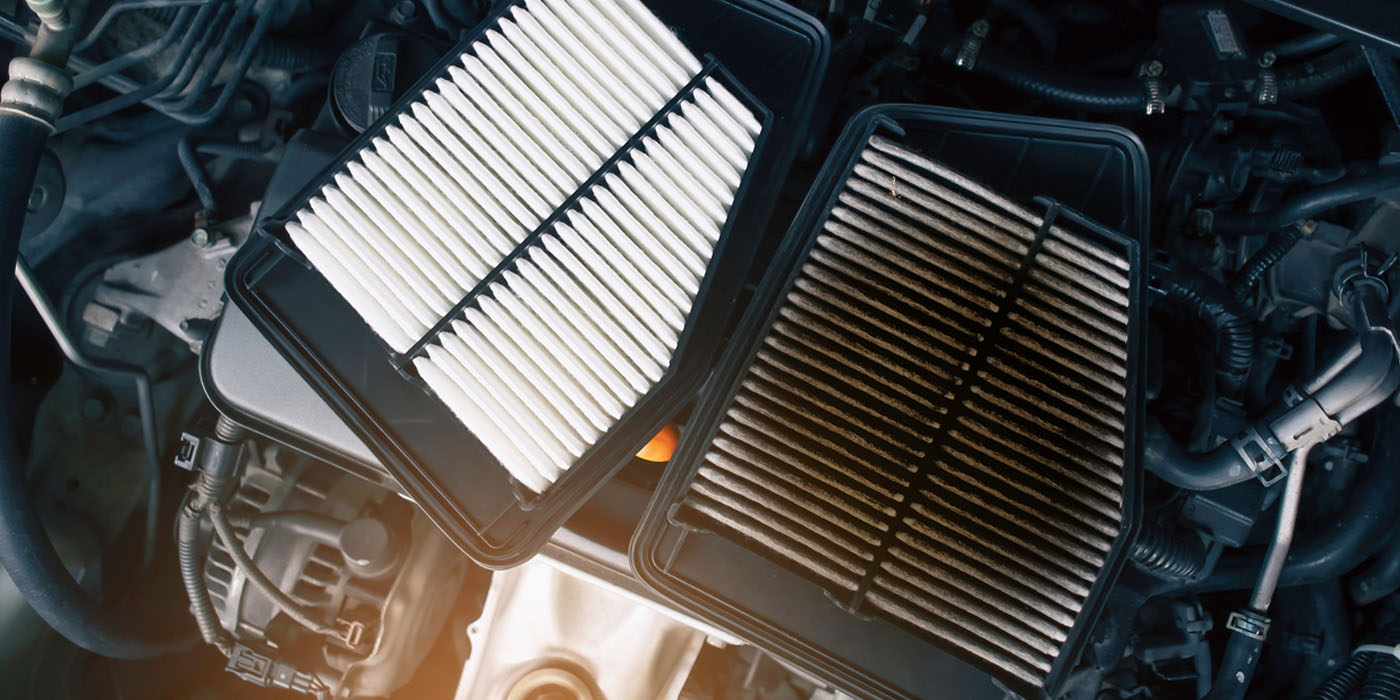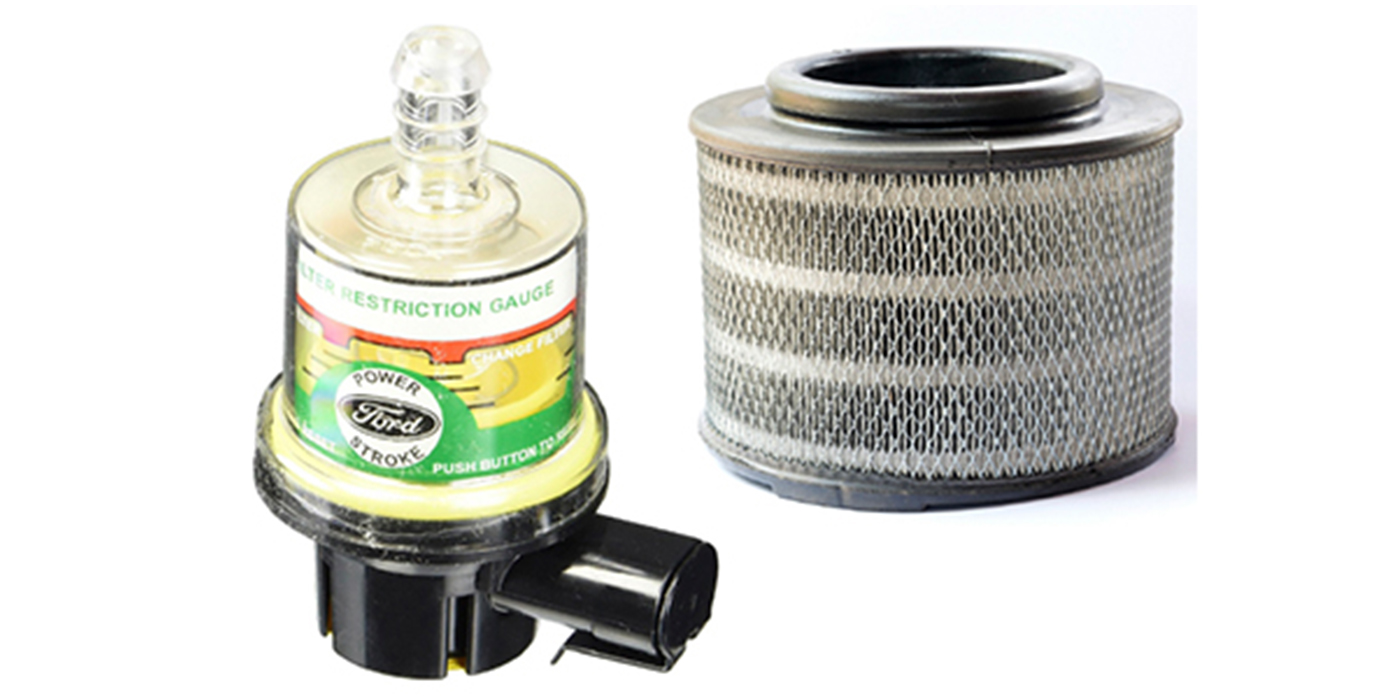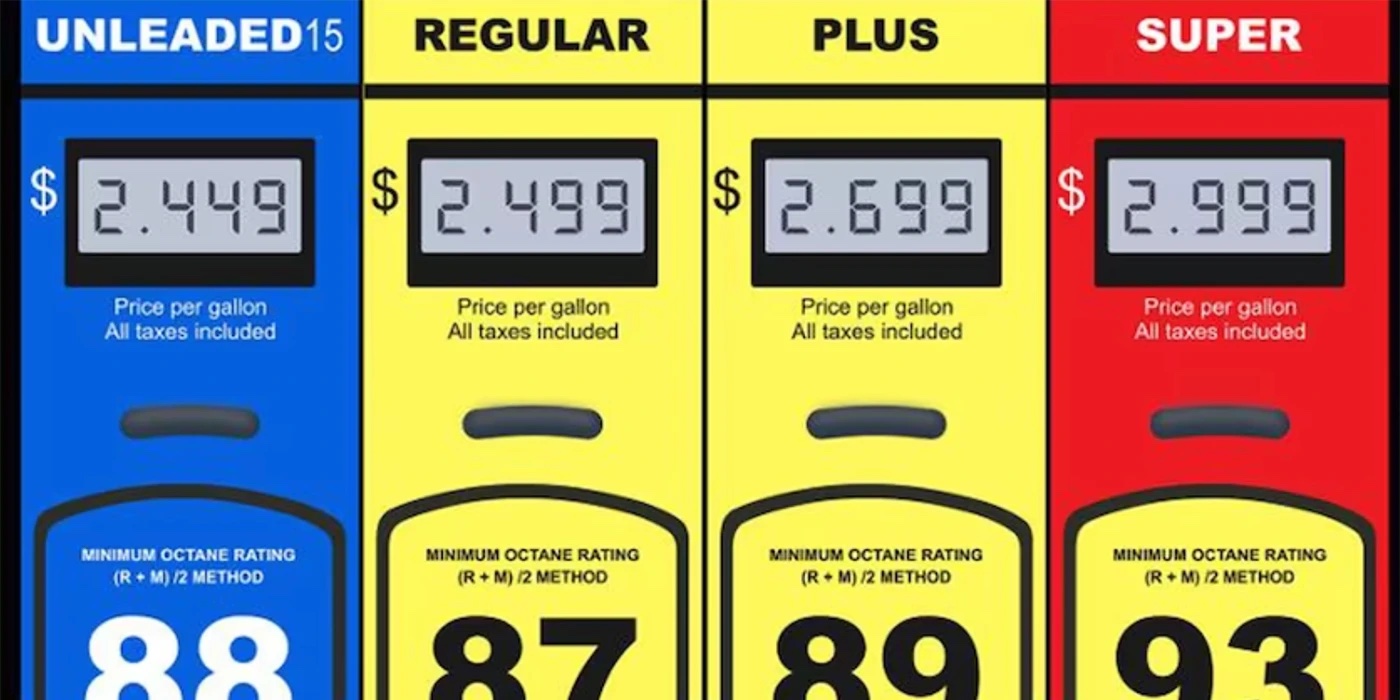One of the consequences of the global pandemic that arrived in the United States last March is that vehicular traffic declined sharply for several months. People either thought twice about traveling or began to work from home as their employers locked the doors to their existing brick-and-mortar locations.
While a vehicle that is not being used as often as usual may not experience the typical amount of wear and tear, that does not mean routine maintenance can be delayed. In fact, while it may seem counterintuitive, vehicles that sit unused for extended lengths of time can see engine components and fluids degrade at a faster rate than if the vehicle were actually being driven regularly. Vehicle service providers should remind their customers that they should continue to stick to a regular maintenance schedule, even if the hours or miles driven have declined in recent months.
Technicians can let their customers know that a general rule of thumb is to try to find time to run a vehicle that has been sitting for as long as a month for at least 10 minutes so that the engine’s essential fluids can circulate through the system, which will allow them to better retain their operational properties. Failure to do so can lead to a whole host of expensive problems, including brittle, leak-prone seals, gaskets and tires, as well as drained batteries and water accumulation in the fuel tank.
Know Your Engine Oil
Today, drivers are encouraged to plan a visit to their local service provider for an oil change after either 5,000 miles have been driven or every six months. Most drivers generally consider the distance traveled when planning their next oil change, but if a vehicle is not being driven as much or is sitting unused for long periods in a garage, driveway or parking lot, remind customers that oil should be changed every six months, regardless of how many miles have been driven in that time.
As technicians know, engine oil will deteriorate faster if it is not being circulated through the engine regularly. This will result in a degradation of the oil’s lubrication and cooling properties, which will affect its overall ability to protect the engine.
While the oil itself is obviously critical in ensuring reliable engine operation, the oil filter is also a key part of the system and needs to be changed regularly. Effective filter media must strike a balance between filtering out the smallest possible particles while creating the least possible resistance to oil flow. Too much of one can hinder the other, resulting in poor performance, inefficiency, and a stack of repair bills.
FRAM® offers three leading oil-filtration technologies, all of which are designed to deliver industry-best levels of engine-protecting performance:
● Extra Guard® filters employ a proprietary fiber- and resin-blended media to provide dirt-trapping efficiency and dirt-holding capacity while offering 10,000 miles of protection.
● Tough Guard® offers a synthetic fiber and cellulose blend to trap dirt without affecting oil flow for 15,000 miles.
● Ultra Synthetic® filters utilize a dual-layer synthetic-blend media that provides up to 20,000 miles of engine protection.
Breathing Easy
Even under normal driving conditions, one of the most overlooked and underappreciated filters in a vehicle is the cabin air filter. When these filters become clogged, consistent recirculation of air within the vehicle cabin is hard to achieve, which can make defrosting windows a slow, frustrating, and even unsafe process. Cabin air filters also prevent dust, dirt, and exhaust fumes from entering the vehicle. Whether or not the vehicle is used regularly, over time these filters will become clogged and will need to be replaced. This information should be pointed out to the driver when the vehicle is brought in for service.
In this case, FRAM® offers Fresh Breeze® Cabin Air Filter, which is the industry’s only cabin air filter that embeds Arm & Hammer™ baking soda into the filter media. This enables the filter to prevent odors from entering the vehicle while filtering out up to 98% of road dust, pollen particles, allergens, and other contaminants.
While the pandemic has altered the driving routines of many people, it does not mean that these vehicles don’t need to be regularly and properly maintained. Recommending the adherence to a regular maintenance plan and replacing oil filters and cabin air filters at appropriate service intervals still remains the best way to protect vehicles and prevent costly breakdowns and repairs.
FRAM® has been determined to develop high quality oil and air filters for years and has tested combinations of materials and components that will keep your car running cleaner for longer. Explore the benefits of all of the FRAM® oil, air, and cabin filters at fram.com.
This article was sponsored by FRAM. For more information, please visit fram.com.

